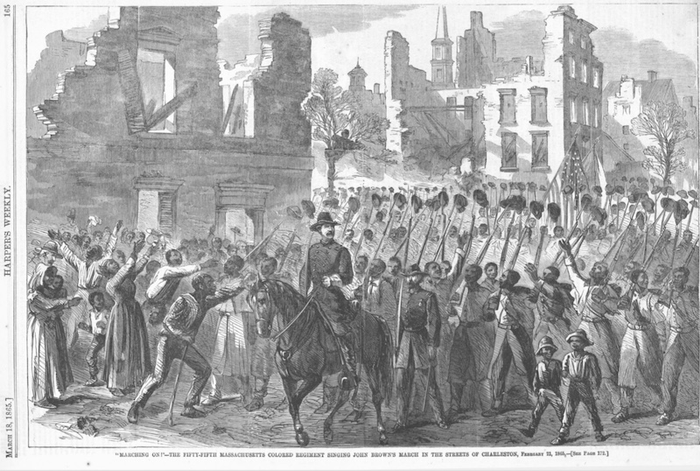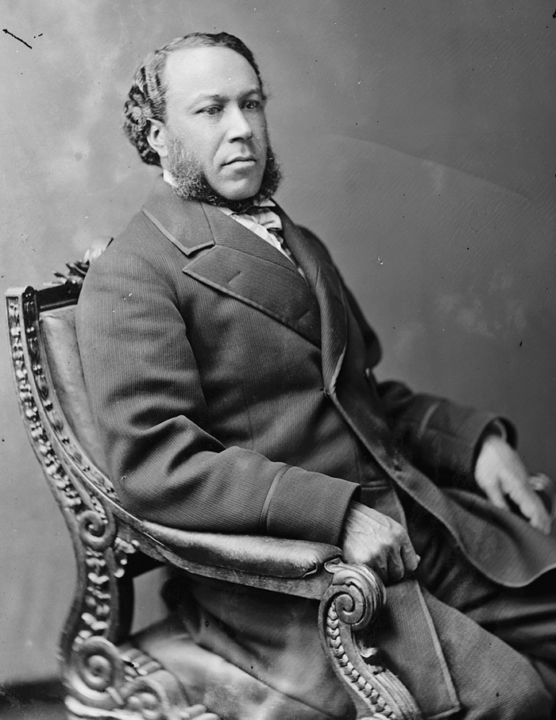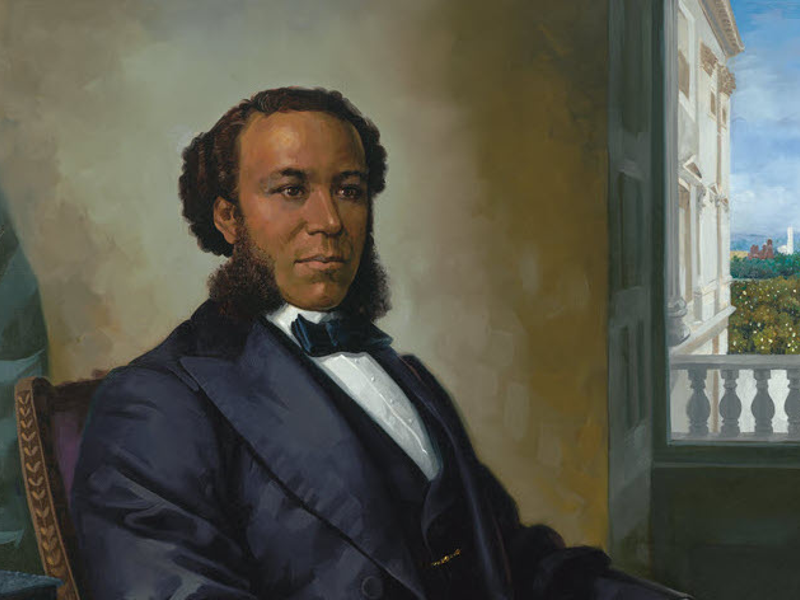Kiddos, please gather ’round; we’re about to have a solemn history lesson. I want to provide some information regarding Joseph Hayne Rainey in this piece. You may be wondering, “Who is Joseph Hayne Rainey?” Why does he matter so much to African-American history?
What is the answer, then?
Joseph Hayne Rainey, an American politician, came from a family of farmers and planters. After Hiram Revels, he was the second African American to serve in Congress and the first to fill in the House of Representatives. He was a Republican and served in the House of Representatives, where he eventually became its speaker.
Rainey was born in Georgetown, South Carolina, in 1832. Grace, his mother, had Native American and French ancestry. Edward, his father, was freed by his master to start his barbershop and become prosperous. As stipulated by law, he handed over a share of his wages to his master. Edward worked hard to put up the money, and by the 1840s, he had accumulated adequately to buy his freedom and that of his wife and two boys. Because of the laws that prevented African Americans like Joseph Rainey from attending schools in South Carolina, he could not get a formal education. With few options for further education available to Black people, Rainey entered the family business and became a barber like his father. He was able to make a lot of connections in his neighborhood since his profession was both lucrative and respectable. Susan Cooper, a native of South Carolina, was the lucky lady who drew Rainey to Philadelphia in 1859 so they could start their new lives together. There were three Rainey children: Joseph, Herbert, and Olive. The family eventually moved back to Charleston.
Rainey was a free Black man who, in 1861, at the start of the American Civil War, was drafted by the Confederacy to help build defenses around Charleston, South Carolina. He was on board blockade runners when he wasn’t cooking or doing manual labor. Following the conclusion of the Civil War in 1866, the Rainey family relocated from Charleston to Georgetown. Rainey was instrumental in forming the state Republican Party and served as a representative for Georgetown on the party’s governing body. He was elected to the state senate in 1868 and served as the finance committee chair before being named a delegate to the state constitutional convention.

Joyful Blacks receive colored troops (with white officers) singing “John Brown’s Body” as they led the Union Army into Charleston, South Carolina, in 1865. Image Source: wikimedia commons
After being accused of selling appointments to U.S. military schools, Representative Benjamin F. Whittemore resigned his position representing northeastern South Carolina in February 8,1870. Rainey was nominated to finish out the 41st Congress and serve a full term in the 42nd by the Republican Party. Rainey defeated his Democratic opponent C. W. Dudley and was elected to a full term on October 19, 1870. On November 8, he won a special election to fill the seat for the rest of the 41st Congress with more than 86% of the vote, defeating Dudley for the second time. A veteran of Capitol Hill, Rainey profoundly understood how the House of Representatives operated because of his time on many committees. Rainey served on the Invalid Pensions Committee, which reviewed government compensation for disabled veterans, the Freedmen’s Affairs Committee, and the Indian Affairs Committee. Through his work with the House clerks and their Senate equivalents, Rainey ensured that the legislation that was enrolled (passed between the House and the Senate) was correct. The House of Representatives elected Rainey as its first African-American Speaker on April 29, 1874, and he presided over the chamber’s discussion of an appropriations measure to govern Native American reservations.

Joseph Rainey. Library of Congress description: “Rainey, Hon. Joseph Hayne of S.C.”.
Image Source: wikimedia commons
Many African-Americans were elected to positions of power in the South’s state and federal governments during Reconstruction. In his time on Capitol Hill, Rainey worked with 13 other African-American lawmakers, including five from his home state of South Carolina. Every single one of them voted Republican. Before the end of Reconstruction in 1877, they were the backbone of the Black political power structure in the South. Regaining power in the old Confederacy in the late 1870s, Democrats immediately began destroying the Republican Party throughout the area and rolling back civil, political, and economic rights for African Americans.
After his term in Congress ended, Rainey accepted a position as the South Carolina Internal Revenue Service’s federal agent. He stayed there for two years before moving on to a career in private business. He spent five years in Washington, DC, working in banking and brokerage. Upon reaching retirement age in 1886, Rainey moved back to his native South Carolina. He was 55 years old when he became ill with malaria and passed away in August 1887.

Anand Subramanian is a freelance photographer and content writer based out of Tamil Nadu, India. Having a background in Engineering always made him curious about life on the other side of the spectrum. He leapt forward towards the Photography life and never looked back. Specializing in Documentary and Portrait photography gave him an up-close and personal view into the complexities of human beings and those experiences helped him branch out from visual to words. Today he is mentoring passionate photographers and writing about the different dimensions of the art world.





